78 Killed and Over 320 Wounded in Israeli Attacks, Says Iran
Sat 14 Jun 2025, 12:21:01
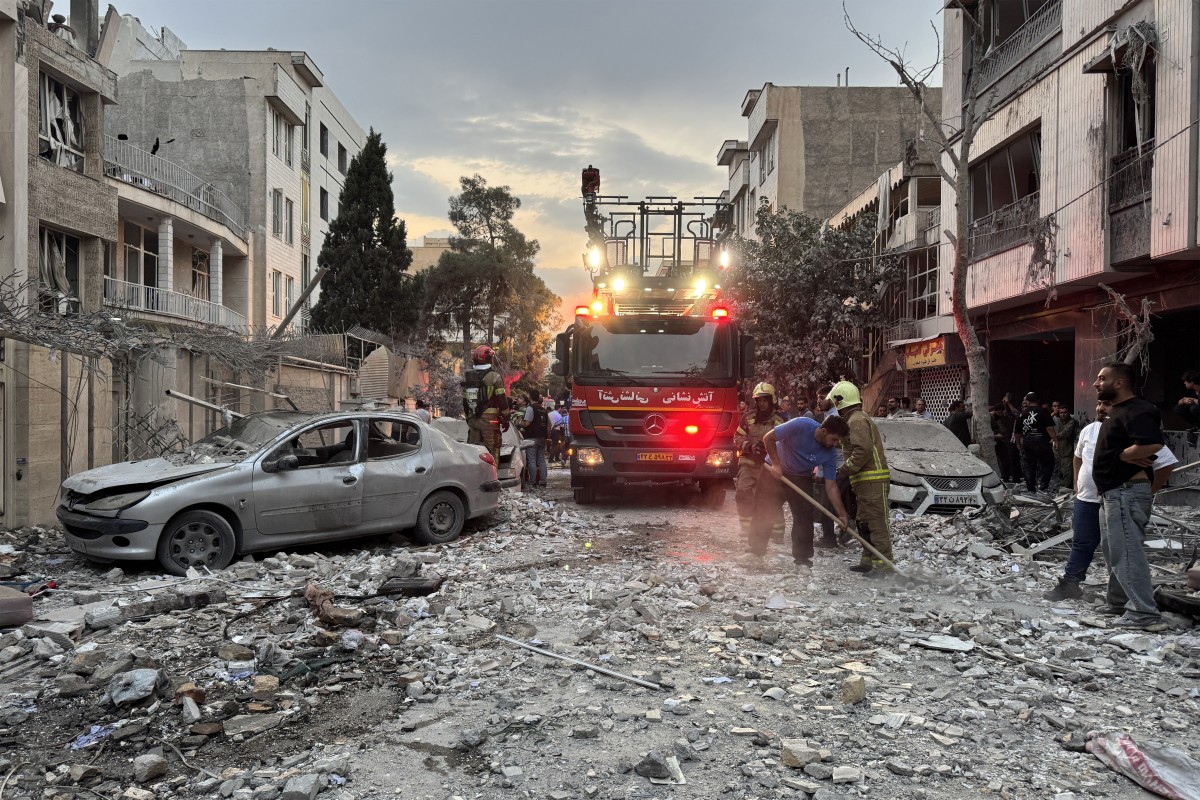
Israel's ongoing attacks on Iranian nuclear sites , generals and scientists killed 78 people and wounded more that 320 on Friday, Iran's ambassador told the U.N. Security Council, but he said “the overwhelming majority” of victims were civilians. The ambassador spoke shortly after Iran retaliated with a barrage of long-range missiles targeting Israel's commercial capital, Tel Aviv, wounding at least 34 people, Israel's paramedic service said.
Israel launched the attacks on Iran amid simmering tensions over Tehran’s rapidly advancing nuclear programme. For years, Israel had threatened such a strike and successive American administrations had sought to prevent it, fearing it would ignite a wider conflict across the Middle East and possibly be ineffective at destroying Iran’s dispersed and hardened nuclear program.
As Iranian projectiles and Israeli interceptor rockets left trails of smoke and flame across the night sky, Iran’s Supreme Leader Ayatollah Ali Khamenei vowed not to let Israel “escape safely from this great crime.” The Iranian outlet Nour News, which has close links with the paramilitary Revolutionary Guard, said a wave was being launched. Associated Press journalists in Tel Aviv could see at least two Iranian missiles hit the ground, but there was no immediate word of casualties.
A hospital in Tel Aviv treated seven people wounded in the second Iranian barrage; all but one of them had light injuries. Israel's Fire and Rescue Services said they were injured when a projectile hit a building in the city. Meanwhile, the sound of explosions and Iranian air-defence systems firing at targets echoed across central Tehran shortly after midnight on Saturday, and an Associated Press reporter could hear air-raid sirens near their home.
Iran's semi-official Tasnim news agency is reporting a fire at Tehran's Mehrabad
International Airport, with a video posted on X of a column of smoke and orange flames rising from what the outlet said was the airport. Iran's Supreme Leader Ayatollah Ali Khamenei said in a recorded message on Friday: "We will not allow them to escape safely from this great crime they committed." Iran's UN ambassador said 78 people were killed and more than 320 wounded in Israeli attacks. Israel's paramedic services said 34 people were wounded in the barrage on the Tel Aviv area, including a woman who was critically injured after being trapped under rubble.
International Airport, with a video posted on X of a column of smoke and orange flames rising from what the outlet said was the airport. Iran's Supreme Leader Ayatollah Ali Khamenei said in a recorded message on Friday: "We will not allow them to escape safely from this great crime they committed." Iran's UN ambassador said 78 people were killed and more than 320 wounded in Israeli attacks. Israel's paramedic services said 34 people were wounded in the barrage on the Tel Aviv area, including a woman who was critically injured after being trapped under rubble.
In Ramat Gan, east of Tel Aviv, an Associated Press journalist saw burned out cars and at least three damaged houses, including one where the front was nearly entirely torn away. US ground-based air-defence systems in the region were helping to shoot down Iranian missiles, said a US official who spoke on the condition of anonymity to discuss the measures. Israel's ongoing airstrikes and intelligence operation and Iran's retaliation raised concerns about an all-out war between the countries and propelled the region, already on edge, into even greater upheaval. Israel had long threatened such a strike, and successive American administrations sought to prevent it, fearing it would ignite a wider conflict across the Middle East and possibly be ineffective at destroying Iran's dispersed and hardened nuclear programme.
But a confluence of developments triggered by Hamas' October 7, 2023, attack -- plus the reelection of US President Donald Trump -- created the conditions that allowed Israel to finally follow through on its threats. Israeli Prime Minister Benjamin Netanyahu said the US was informed in advance of the attack. On Thursday, Iran had been censured by the UN's atomic watchdog for not complying with obligations meant to prevent it from developing a nuclear weapon.
No Comments For This Post, Be first to write a Comment.
Most viewed from International
Most viewed from World
AIMIM News
Latest Urdu News
Most Viewed
May 26, 2020
Which cricket team is your favourite to win the T20 World Cup 2026?
Latest Videos View All
Like Us
Home
About Us
Advertise With Us
All Polls
Epaper Archives
Privacy Policy
Contact Us
Download Etemaad App
© 2026 Etemaad Daily News, All Rights Reserved.

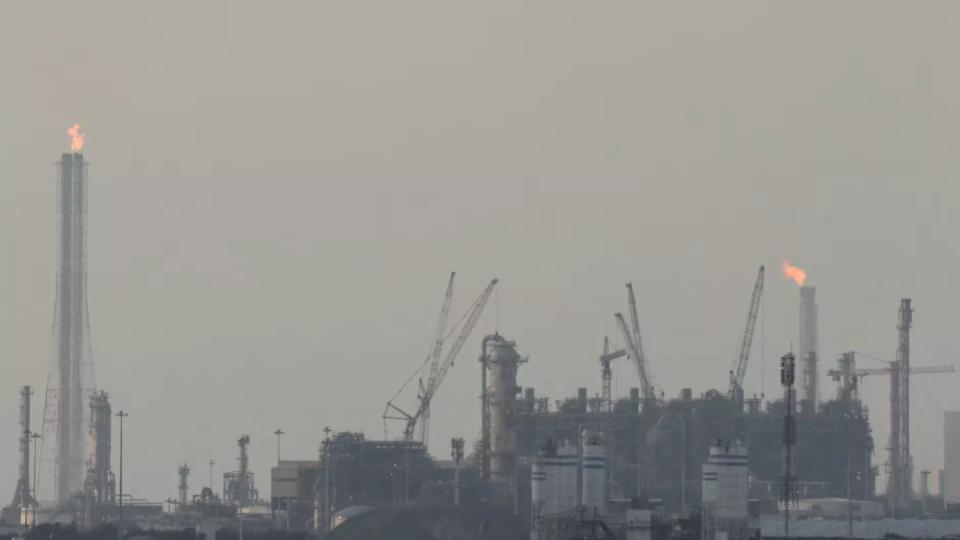
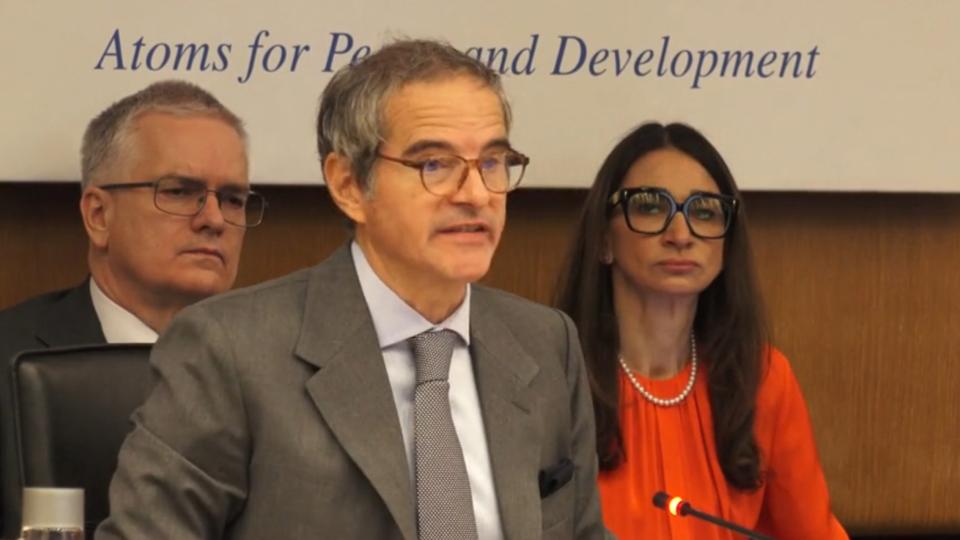
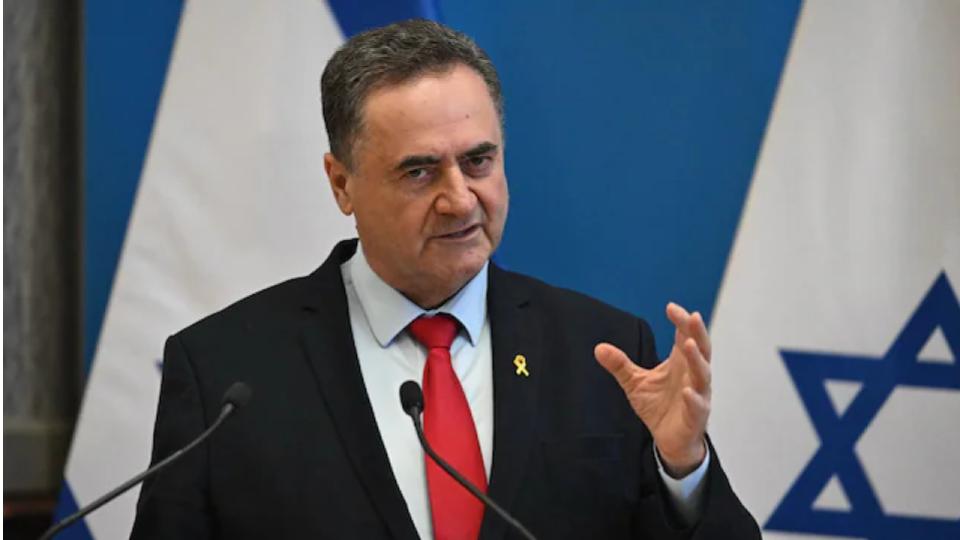
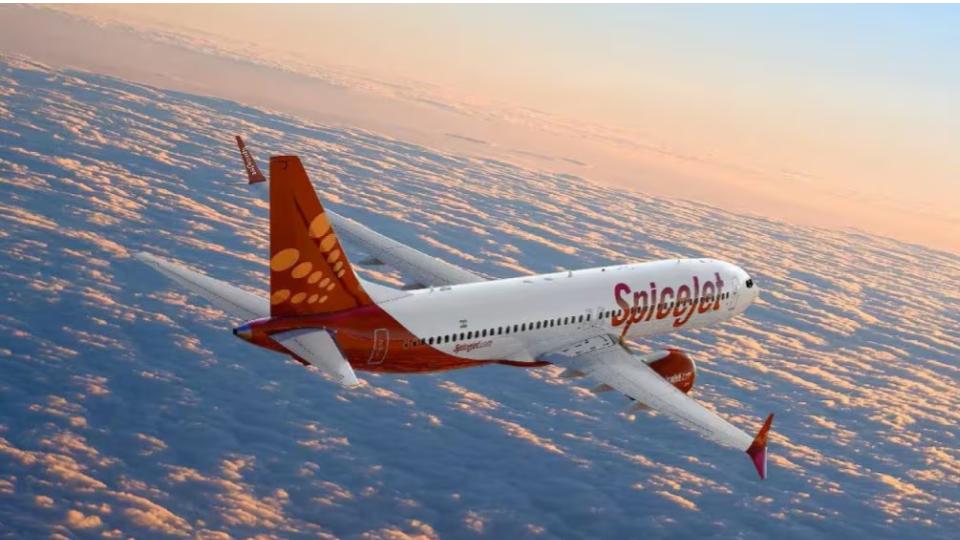
.jpg)
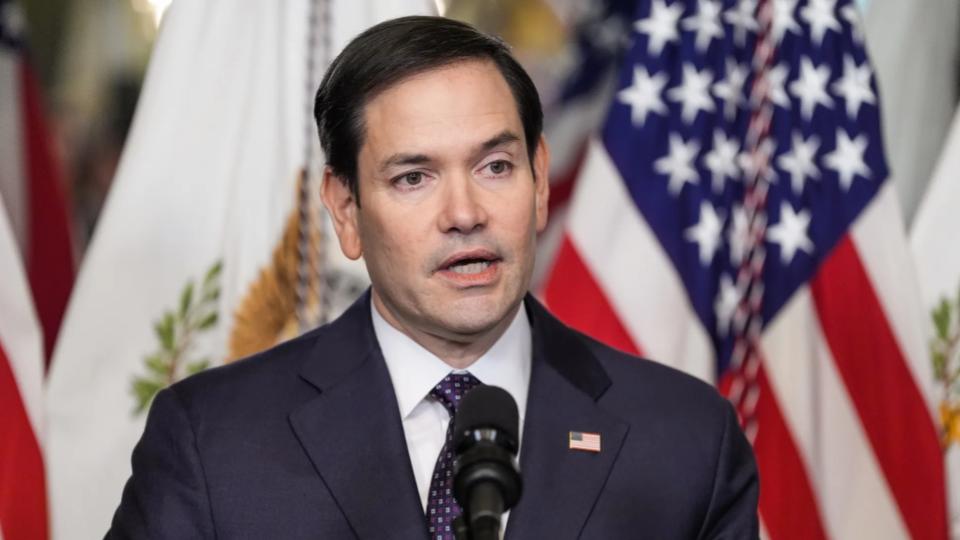
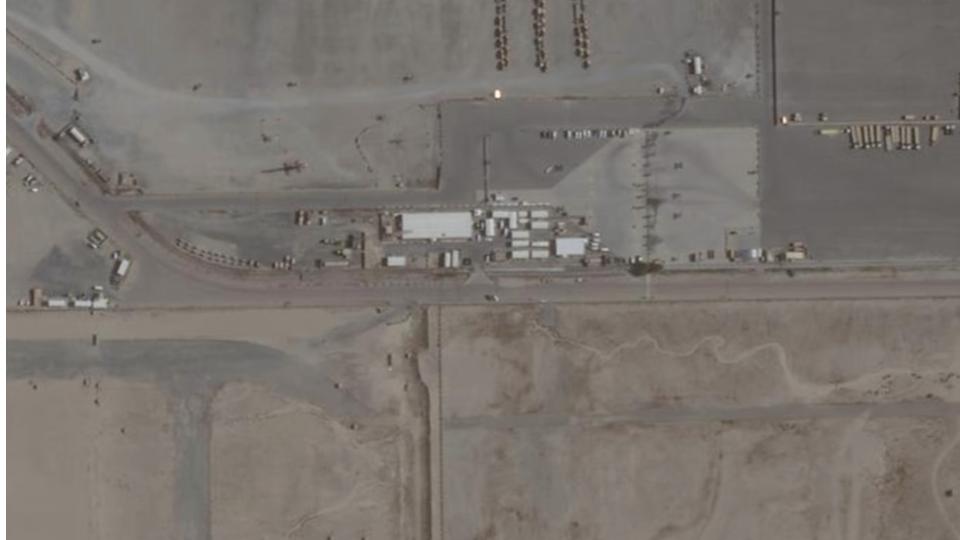

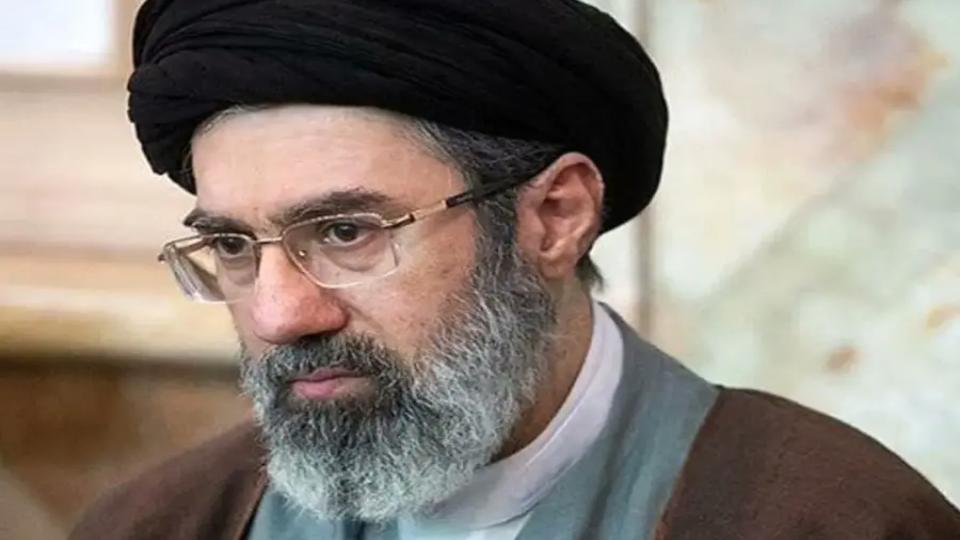

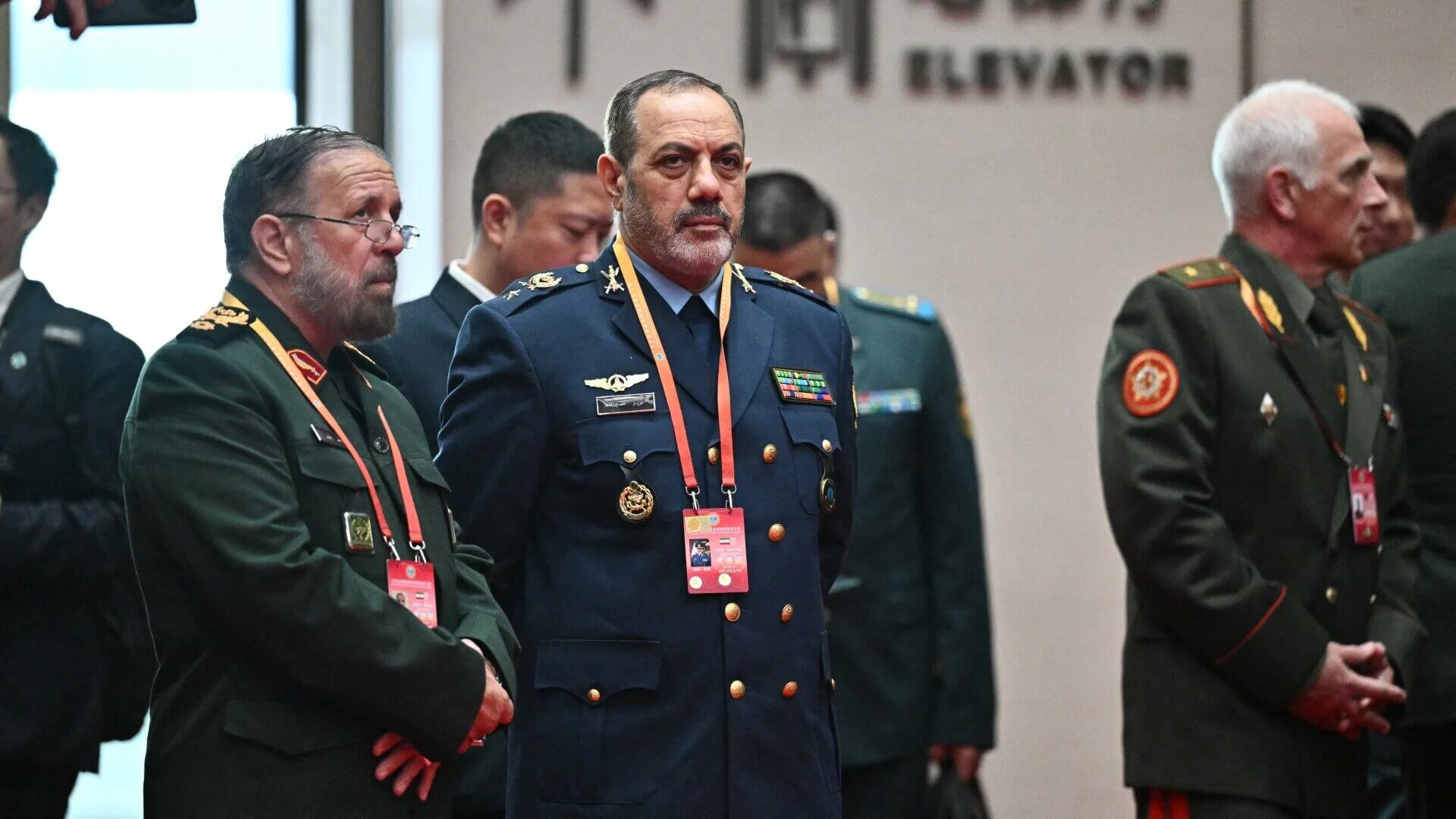
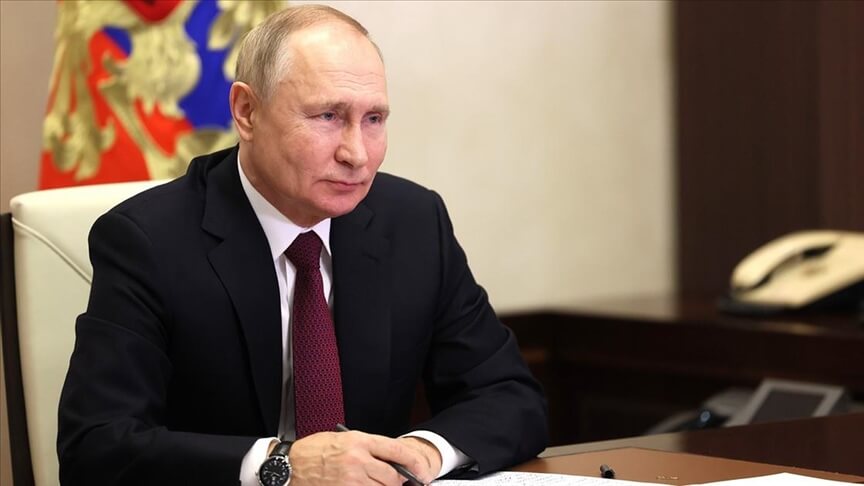
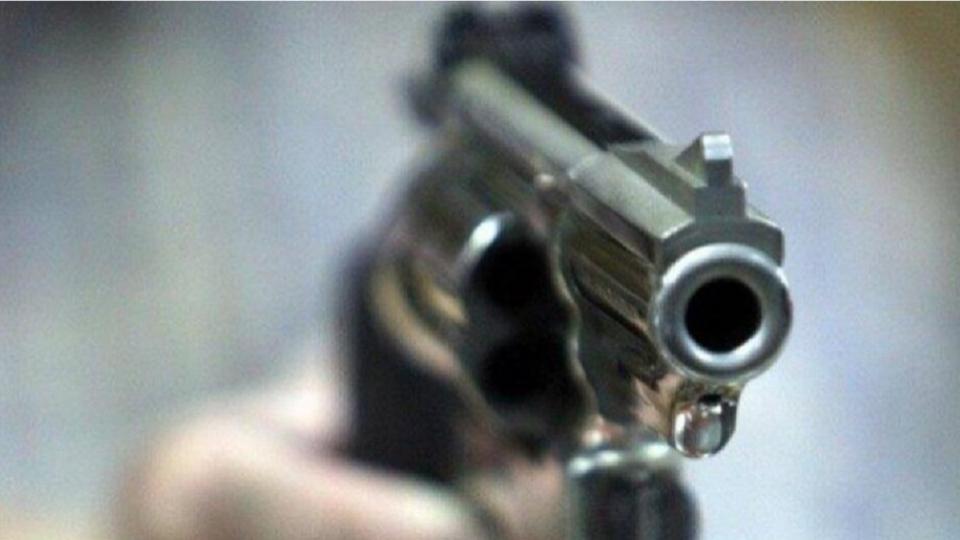
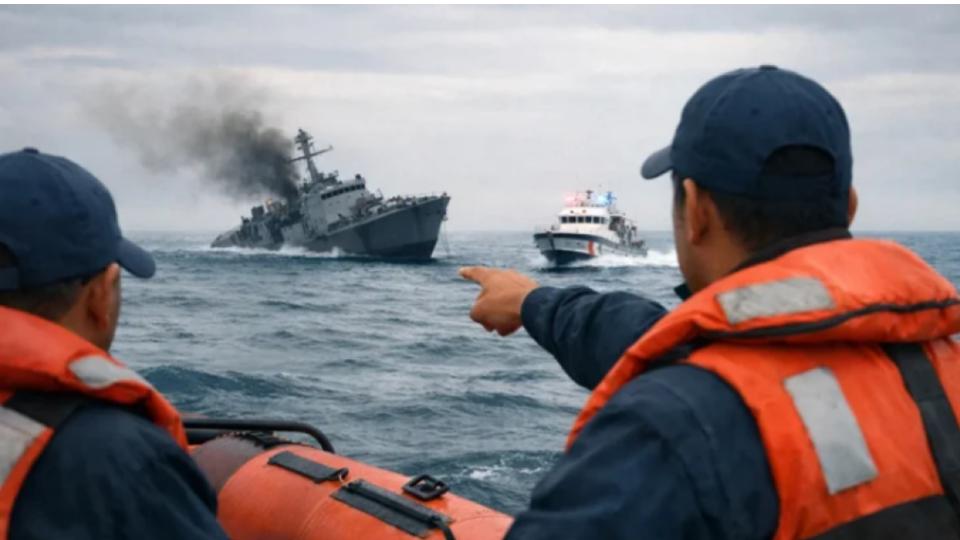
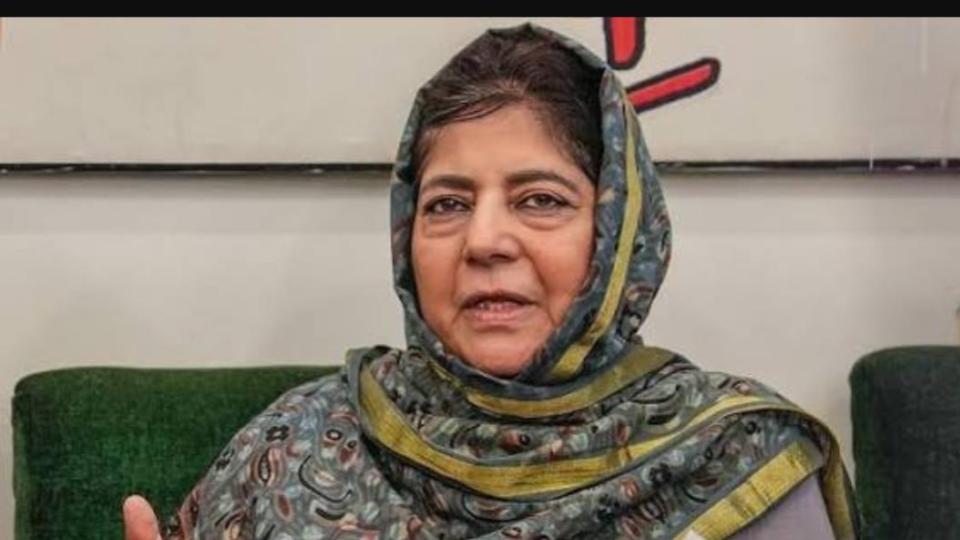
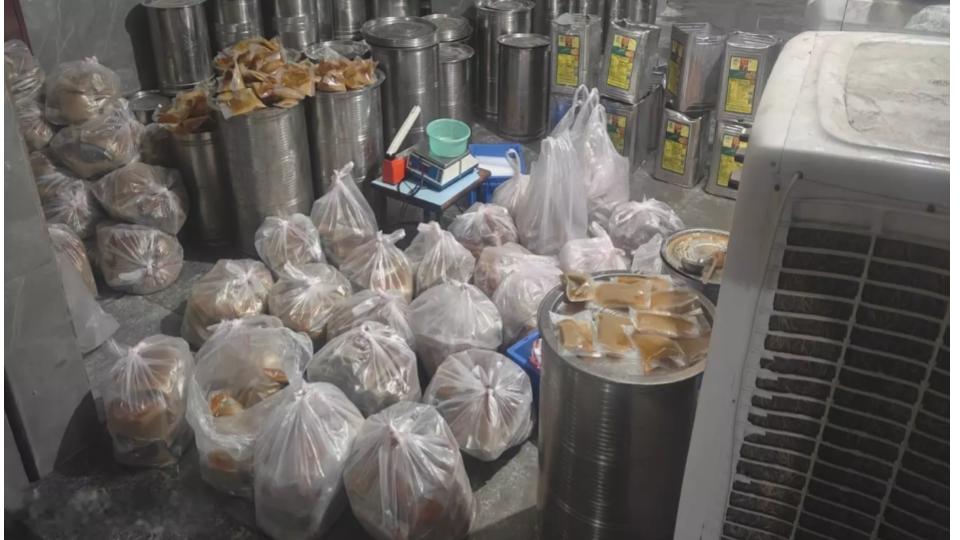

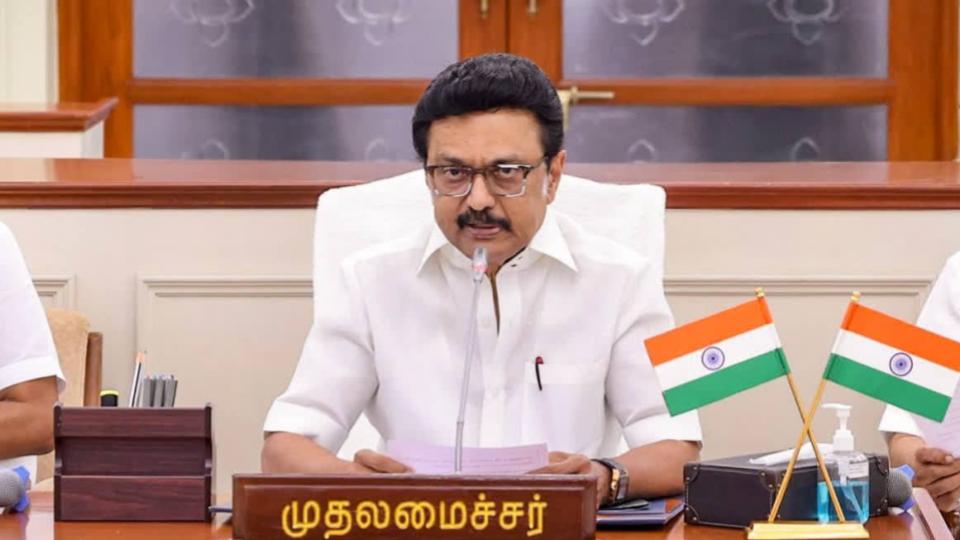
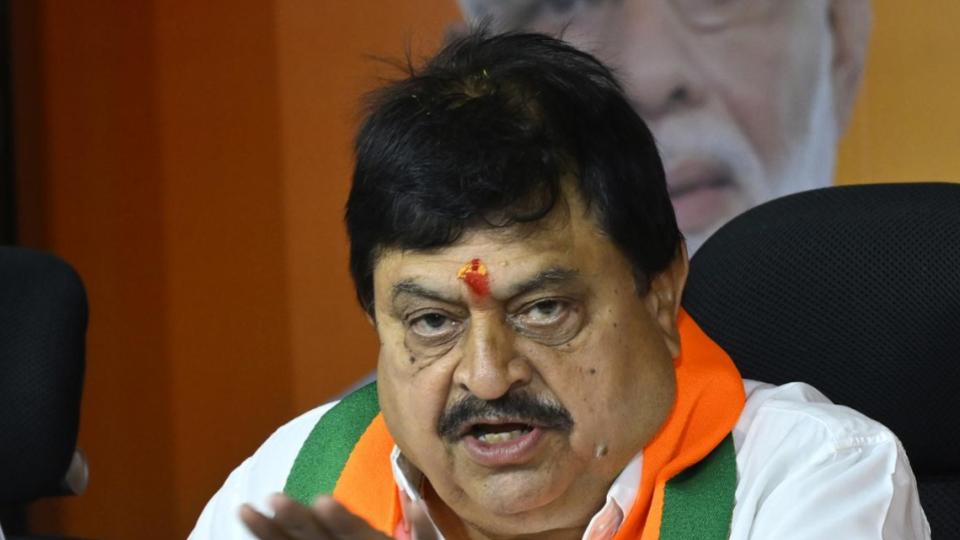
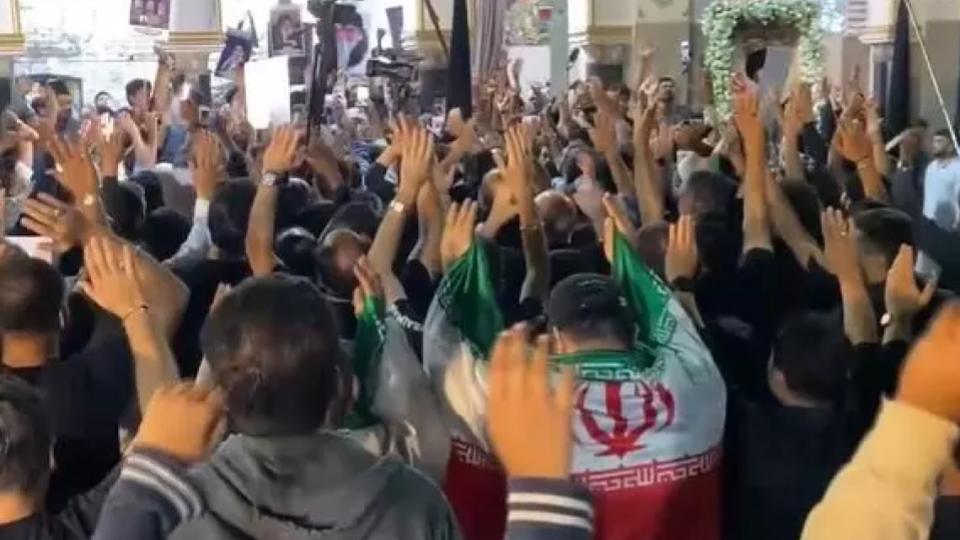
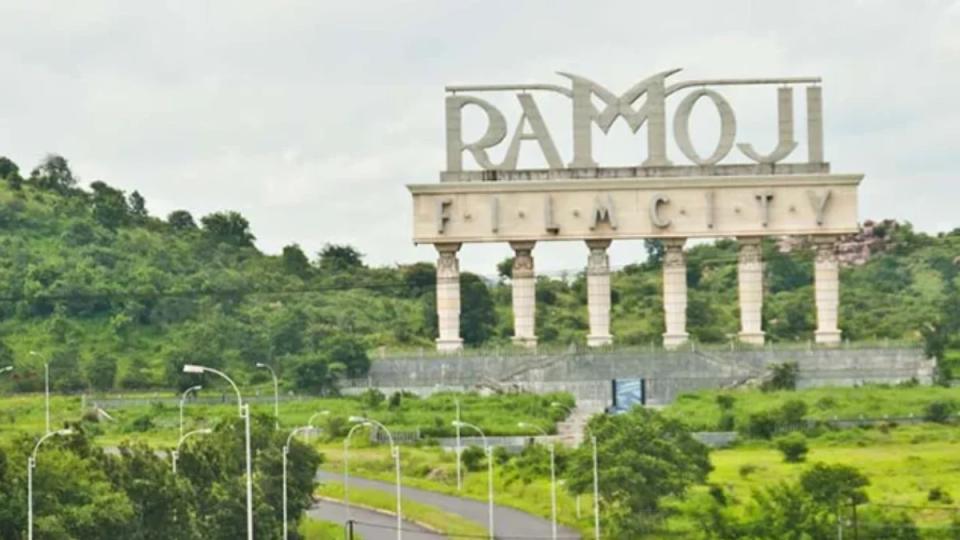
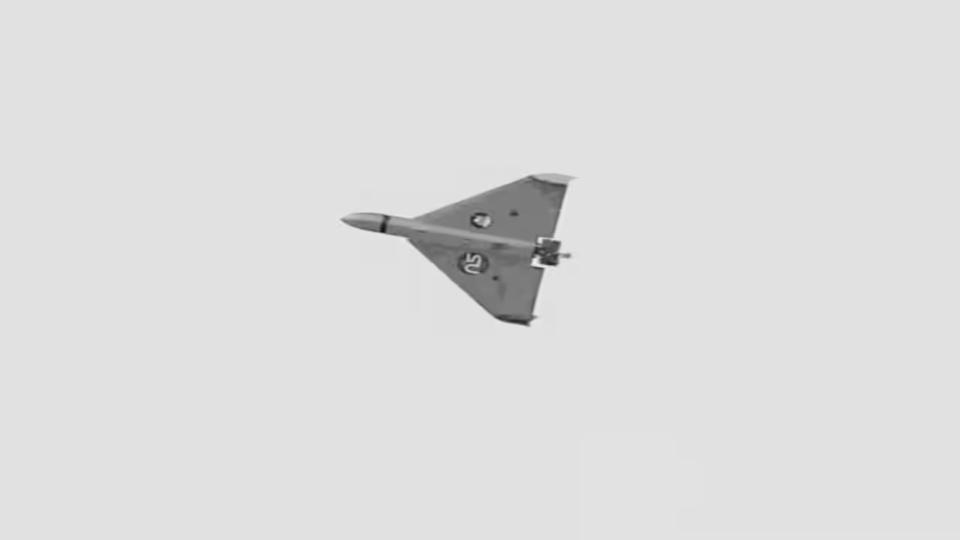





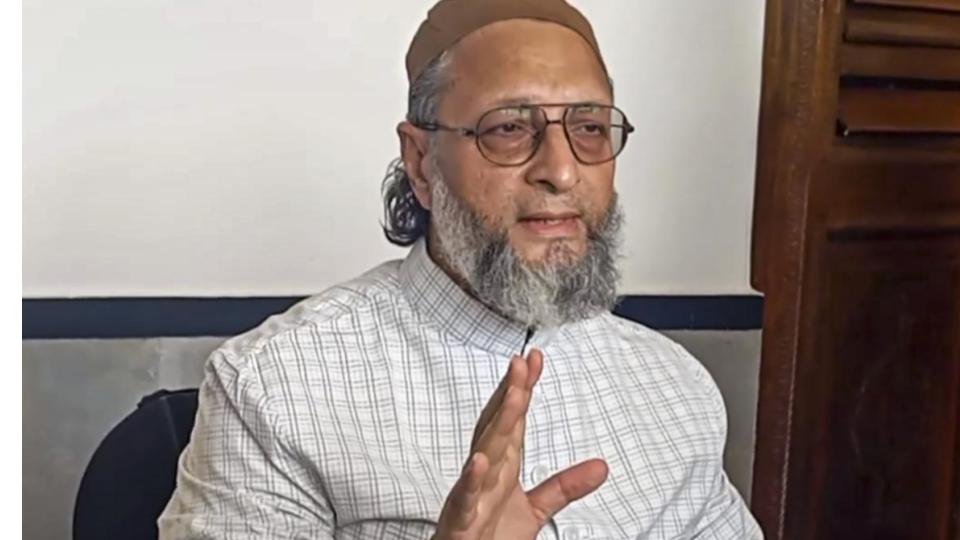
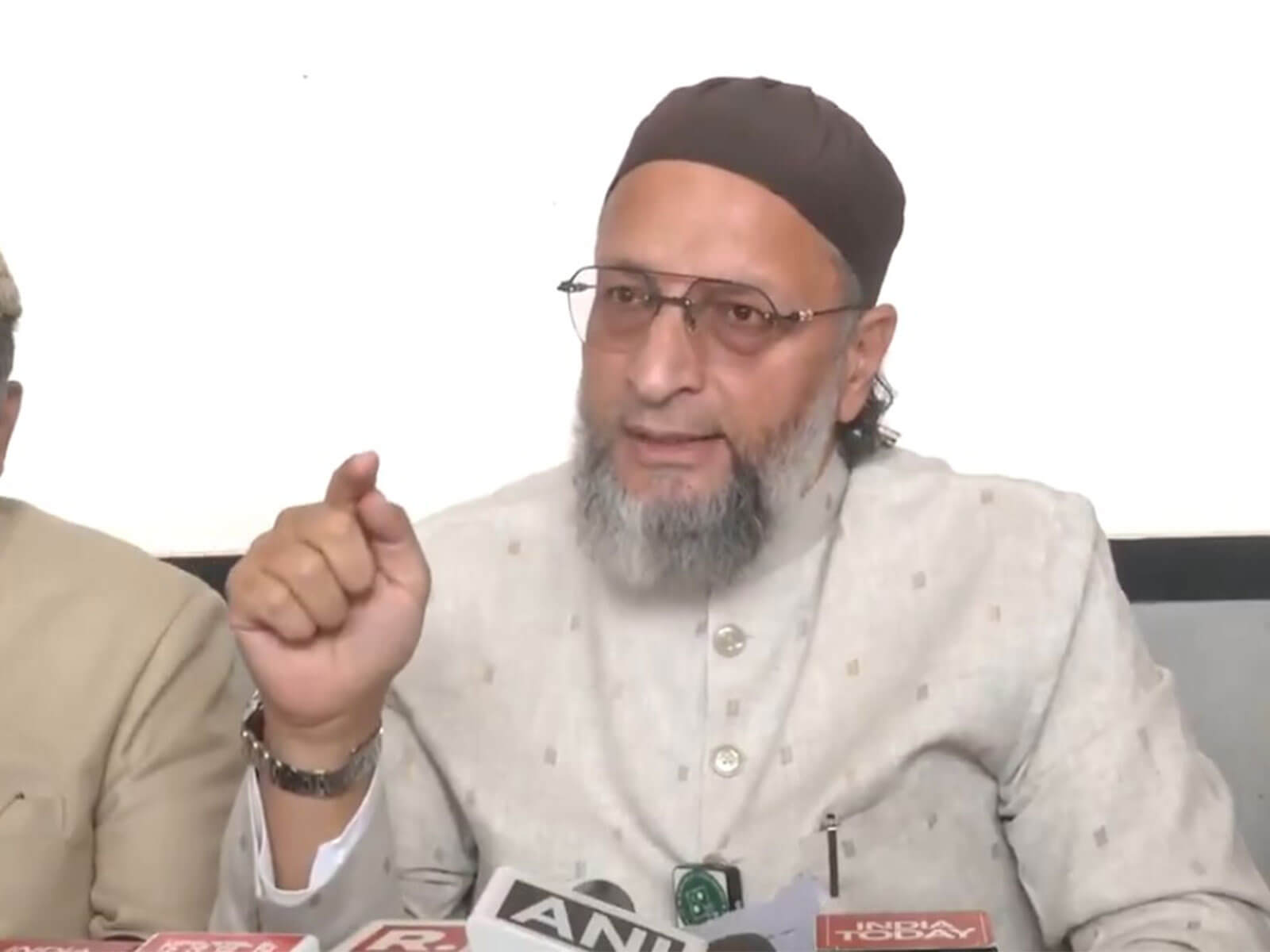






.jpg)
.jpg)
.jpg)


